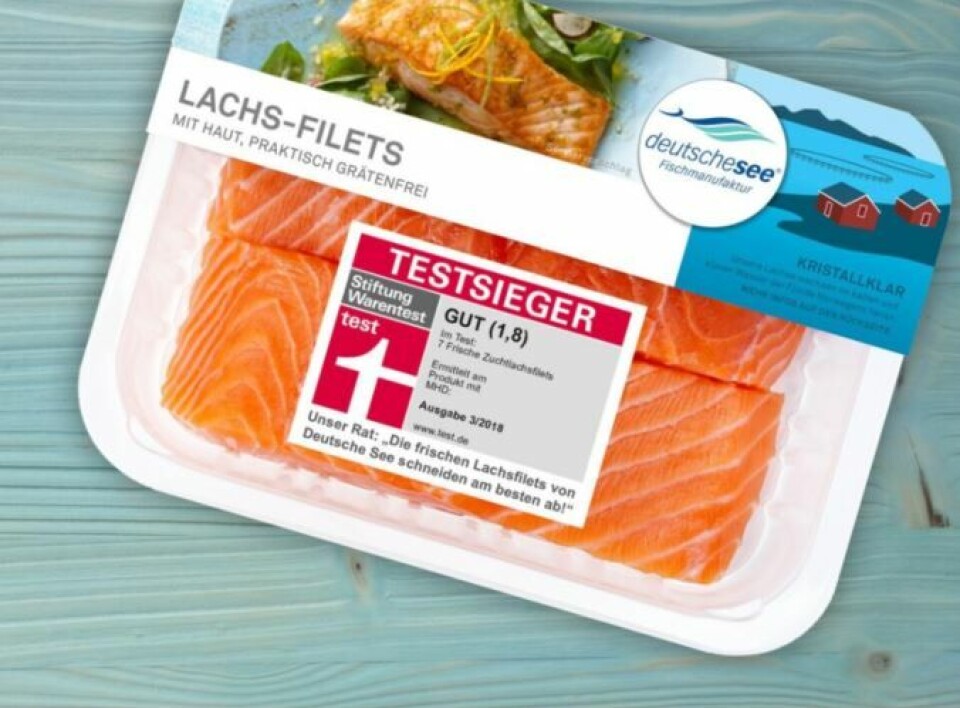
Fresh farmed salmon tops taste test
Fresh farmed salmon has triumphed ahead of frozen farmed and frozen wild salmon in a taste test run by German consumer organisation and foundation Stiftung Warentest, known for investigating and comparing goods and services in an unbiased way.
Stiftung Warentest tested seven fresh and 14 frozen of farmed salmon fillets and nine frozen wild salmon fillets. Five of the farmed salmon fillets carried the EU organic label.
According to Stiftung Warentest - which translates as Goods Testing Organisation - five trained examiners initially assessed the appearance and smell of the salmon in its raw state. After preparation in a boiling bag and water bath at 95 degrees Celsius, they examined appearance, smell, taste and "mouth feel".
Anonymous testing
Each examiner tasted the anonymous products under the same conditions. If the examiners initially came to different conclusions, they worked out a common result.
Testers graded six of the seven fresh fillets "good" and the seventh "satisfactory". Five trained examiners rated fillets from Bremerhaven food manufacturer DeutscheSee the best. Organic fillets from Aldi Nord and fresh conventional salmon fillets from Seafood Spezialitäten are almost as good, but cheaper, Stiftung Warentest reports.
In the case of frozen farmed salmon, 11 fillets were graded "good", two "satisfactory" and one "sufficient". Nearly all of the samples were marked down in the areas of sensory judgment, and in terms of taste, the testers were convinced only by Eismann's farmed salmon.
Taste disappointing
The testers found the taste of the wild salmon fillets, all of which were frozen, disappointing. Only two of the nine products tested were rated "good", all others were "satisfactory". One reason for the loss of flavour could be that most wild salmon are old and well travelled: one product was frozen in September 2015, but labelled as stable until May 2018.
Most of the salmon tested came from Norway, but Germany is also an important market for Scottish salmon. Exports to Germany last year were worth £12.5m, making it the sixth-largest export market after the US (£193m), France (£188m), China (£69m), the Republic of Ireland (£34m) and Taiwan (£16m). Poland, Canada, Belgium and the Netherlands make up the rest of the top ten export destinations.























































